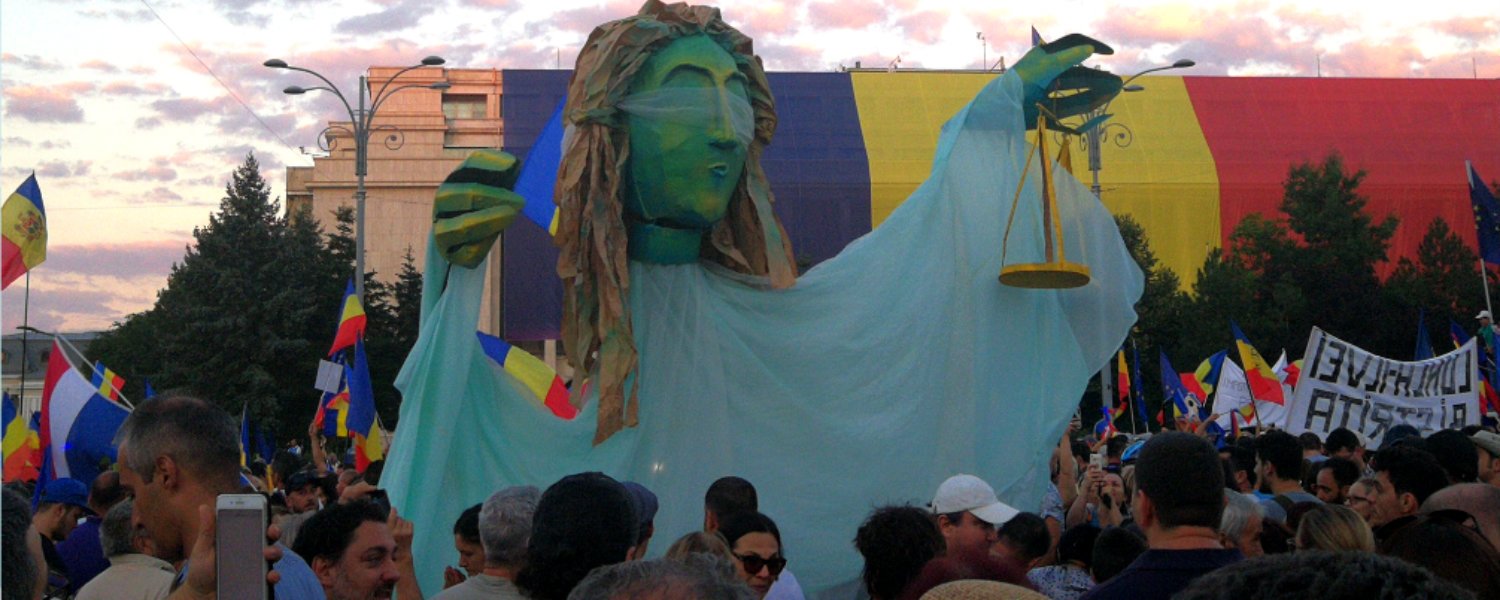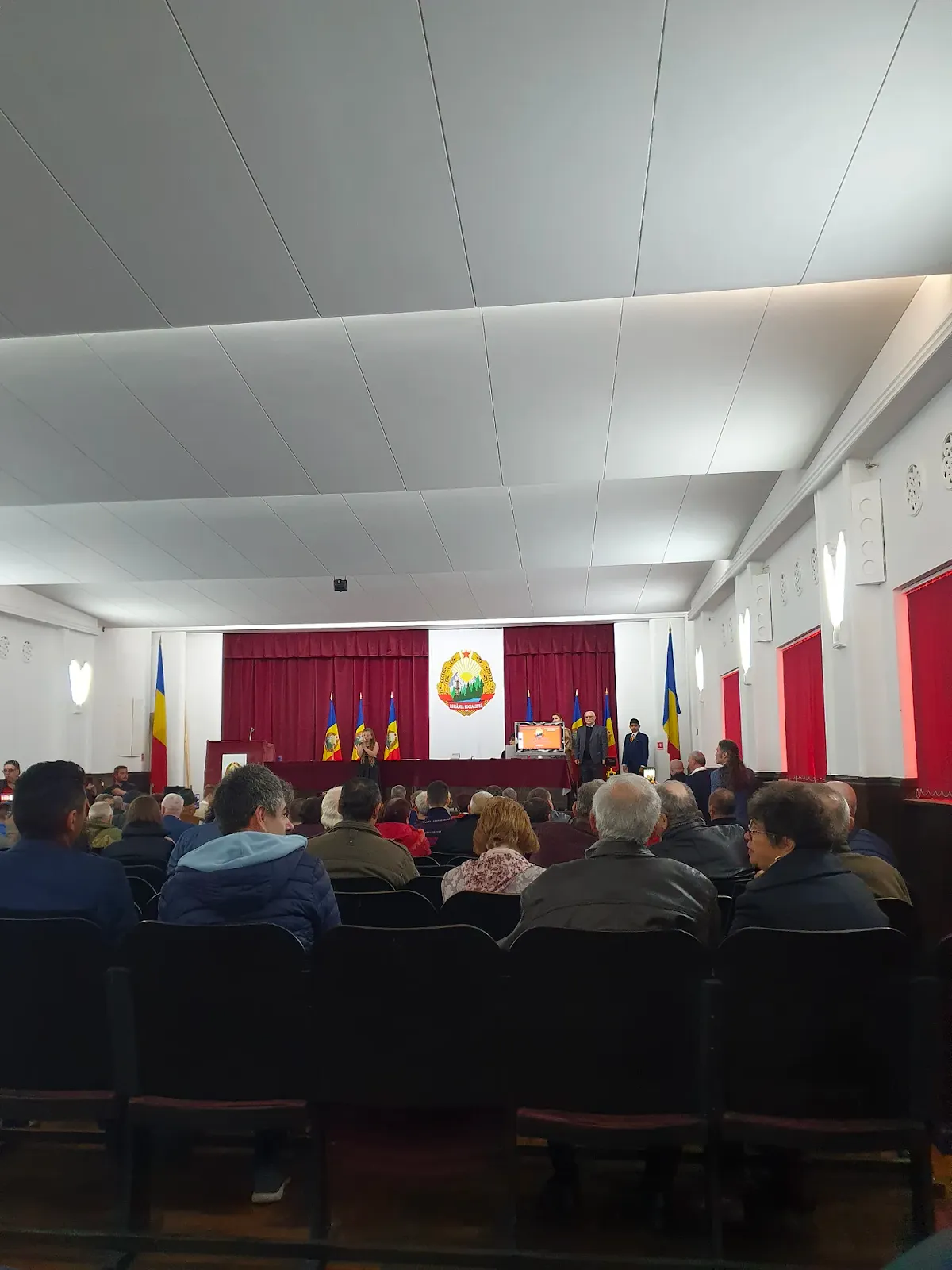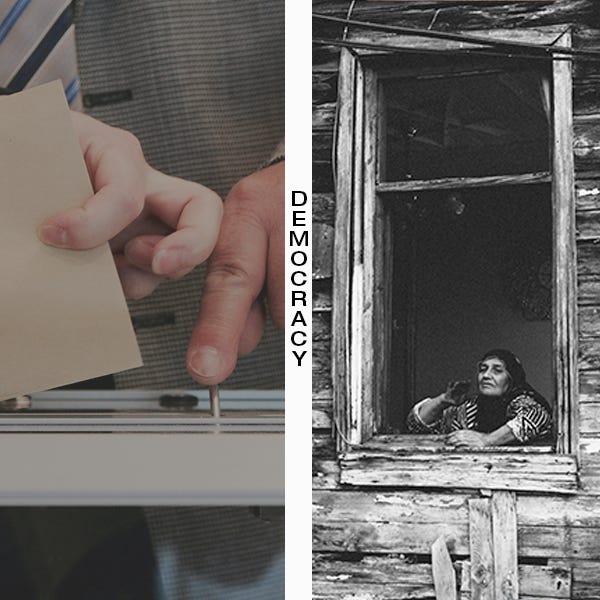For a peripheral country like Romania, the recent protests there (in August 2018) have received their fair share of attention in the international press. However, all analyses of these protests have come from a narrow, liberal perspective, including the pieces published in left-leaning publications like The Guardian, openDemocracy and Jacobin. All these texts largely miss the point in trying to make sense of what is happening in Romania.
Almost thirty years of neoliberal policies have failed to fulfil the promise of prosperity for the vast majority of Romanian popular classes. Instead, those policies ensured the country’s transformation into an obedient colony of international capital, where a handful of domestic oligarchs have become spectacularly rich, while a fragile middle class emerged in a few big urban centres. It is the latter that is now protesting against the corruption of the former, embodied by the PSD and its leader Liviu Dragnea.
But while the moral outrage fuelling these protests is genuine and legitimate, it is also short-sighted, as it identifies in corruption the root cause of all the evils in Romanian society, including the severe socio-economic issues that the country is confronted with. However, it was not corruption that was the main reason for the devastating tides of privatisations that have left millions with no jobs, no prospects and no hope but migration as an alternative to abject poverty. It is not corruption that explains why 40% of the Romanian workforce is on the minimum wage, but the social dumping actively promoted by successive Romanian governments under the pressure of EU legislation. It is not corruption that is the main reason why healthcare spending is almost half of the EU average, but a long-standing policy of low taxation (16% corporate tax and a 10% flat income tax at the moment) and low public spending. It is not corruption that hinders millions of workers from organising and demanding better wages and working conditions, but draconian anti-union legislation that bans collective bargaining and requires at least 15 employees per workplace for the creation of a union, when nearly 90% of private companies in Romania have less than 15 employees! It is all these facets of the capitalist restoration in Romania that have compelled almost 4 million Romanians to seek a better life abroad.
Does corruption play a role in all this? Does it add to the devastating impact of low wages, low taxation, low public spending and limited workers’ rights? Of course it does. But it cannot be isolated from all the structural policies listed above, as the liberal forces involved in the current protests and the liberal commentators writing about them have done. In doing that, they de-politicise the huge socio-economic issues confronting the majority of Romanians and thereby frame the entire debate in purely moral and legal terms.
But corruption is not only secondary to neoliberal policies in making sense of Romania’s chronic ills today, but in itself is so much more than just a moral and legal question. It is an economic device that has played a key role in the process of primitive accumulation of capital in post-1989 Romania (and the wider region), from fraudulent privatisations to the dodgy manoeuvres of multinational corporations like Gabriel Resources in relation to the gold mining project at Rosia Montana.
Such collusion between capital accumulation and corruption, however, is not a peculiarity of ‘backward’ countries like Romania but has always been and continues to be endemic to capitalism in general, regardless of time and place, from the policemen bribed by bosses to crush strikes a hundred years ago to the structural irregularities in the banking sector today. It is these deeply-rooted links between corruption and capitalism that liberal commentators, as well-intended as they probably are, completely miss out, confining themselves to moralistic banalities about how bad corruption is.
No such naiveté is in play in the case of the liberal and other right-wing political forces in Romania who are trying to capitalise on people’s outrage against corruption, namely the National Liberal Party (of the current right-wing president Klaus Iohannis) and the People’s Party Movement (of the former right-wing president Traian Basescu), which have also been present at the protests. They are very consciously isolating corruption – which they have been heavily involved with – from socio-economic issues precisely because they have been complicit in fuelling them whenever they’ve found themselves in government.
And most Romanians are perfectly aware of that complicity, which is why the current protests are failing to extend beyond the said middle classes from the main urban centres. The popular disillusionment with the entire Romanian political caste was clearly expressed two years ago in the historically low turnout of merely 39% in the last general elections. The PSD managed to win those elections only because it was the only party to include some minimal social concessions in its electoral offer, chiefly the rise in the minimum wage.
That concession was of course purely opportunistic on PSD’s behalf, a party representing the interests of domestic oligarchs and bureaucratic networks. This is the class character of PSD, which explains its obstinate attempts to alter the anti-corruption legislation. More than that, over the last two years, the PSD government has undertaken a series of attacks on the working class and other popular layers that it pretends to represent: from the unprecedented transfer of social contributions from the employer to the employee to the recent measure – wholeheartedly endorsed by all opposition parties – to withdraw the state benefits of any unemployed person who refuses the first job offered to them.
The pledge to increase military spending as well as the support given to the reactionary initiative of the Coalition for the Family to modify the Constitution in order to prevent a potential legalisation of same-sex marriage (which will soon be voted on in a referendum scheduled for 6-7 October) only come to round up the profile of the right-wing populist party that PSD truly is, despite its name and formal international affiliations. Make no mistake, PSD is the Romanian equivalent of Fidesz in Hungary or Law and Justice in Poland.
The emerging new left groups in Romania, such as the social democratic Demos and the socialist Mâna de Lucru (CWI group in Romania), have repeatedly drawn attention to the right-wing character of PSD. However, these new left forces have not developed enough to be able to intervene in the anti-governmental protest movement. The window of opportunity for that to happen was very short, at the beginning of the movement in February 2017, when the latter was still rather amorphous and driven largely by purely spontaneous outrage against the manoeuvres of the PSD government to impose a threshold for the criminalisation of the abuse of office. The lack of a left-wing intervention in those early days of the protests, with left-wing demands linking up the issue of corruption with socio-economic issues, allowed the political and intellectual right to capture most of that outrage and frame the protests in their own terms.
However, those terms are symptomatically vague and short-sighted, being largely limited to calls for the resignation of the government and the organisation of snap elections. This chronic lack of any genuine alternative is best illustrated by the “Muie PSD” [Fuck PSD] rallying cry becoming the key slogan of the recent protests (similar, if you like, to how Robert De Niro’s “Fuck Trump” at a recent award ceremony is an expression of the US liberals’ incapacity to put forward any genuine alternative to the current right-wing populist administration in the White House).
The only genuine alternative, in Romania and elsewhere, can only come from the left. But that is no easy task, particularly given the incipient stage of the renewal of left forces in Romania. These days, it can be tempting for these emerging forces to fall into the trap of either an ultra-leftist position that paints all protesters with the same brush as petit-bourgeois reactionaries, or an opportunistic left that uncritically endorses the protests despite their right-wing characteristics and the inability to counterbalance them.
The left, and particularly the socialist left, has to point out and explain those right-wing characteristics and the narrow mainstream anti-corruption narrative in which this movement has been framed. At the same time, socialists cannot abandon the issue of corruption into the hands of the right, just as we shouldn’t do that with other legitimate issues that the various shades of right are trying to monopolise (such as the opposition to the EU, for example). Rather than that, we need to show that corruption is not a problem isolated from socio-economic issues; indeed, that it is itself a socio-economic issue, intimately linked to the process of capitalist restoration.
Sure, there is a culture of corruption that has developed over time on the background of Romania’s historic economic underdevelopment, but any serious attempt to tackle it needs to go beyond a narrow legalistic approach, especially when that approach is itself ridden with dubious practices such as illegal phone tapping. Corruption has to be tackled hand in hand with the structural conditions that harbour corruption in the long term: poverty, lack of opportunities, lack of democratic control, a poor education system etc. We cannot – as some more socially inclined liberals argue – first deal with corruption and then with the other issues, because these other issues are fuelling corruption itself.
All this, however, cannot be truly done on a capitalist basis, but requires a bold socialist programme, particularly in a peripheral country like Romania, whose subservient position in the international economic system prevents it from ever achieving the kind of socio-economic development needed to uproot its culture of corruption. Otherwise, under capitalism, a country like Romania will be perpetually trapped in the current vicious circle of material underdevelopment and corruption. Real anti-corruption can only be anti-capitalist.
Photo: The protests which took place on 10 August 2018 attracted international attention towards Romania, but were not well understood in the world (Babu, CC BY-SA 4.0, via Wikipedia Commons)











